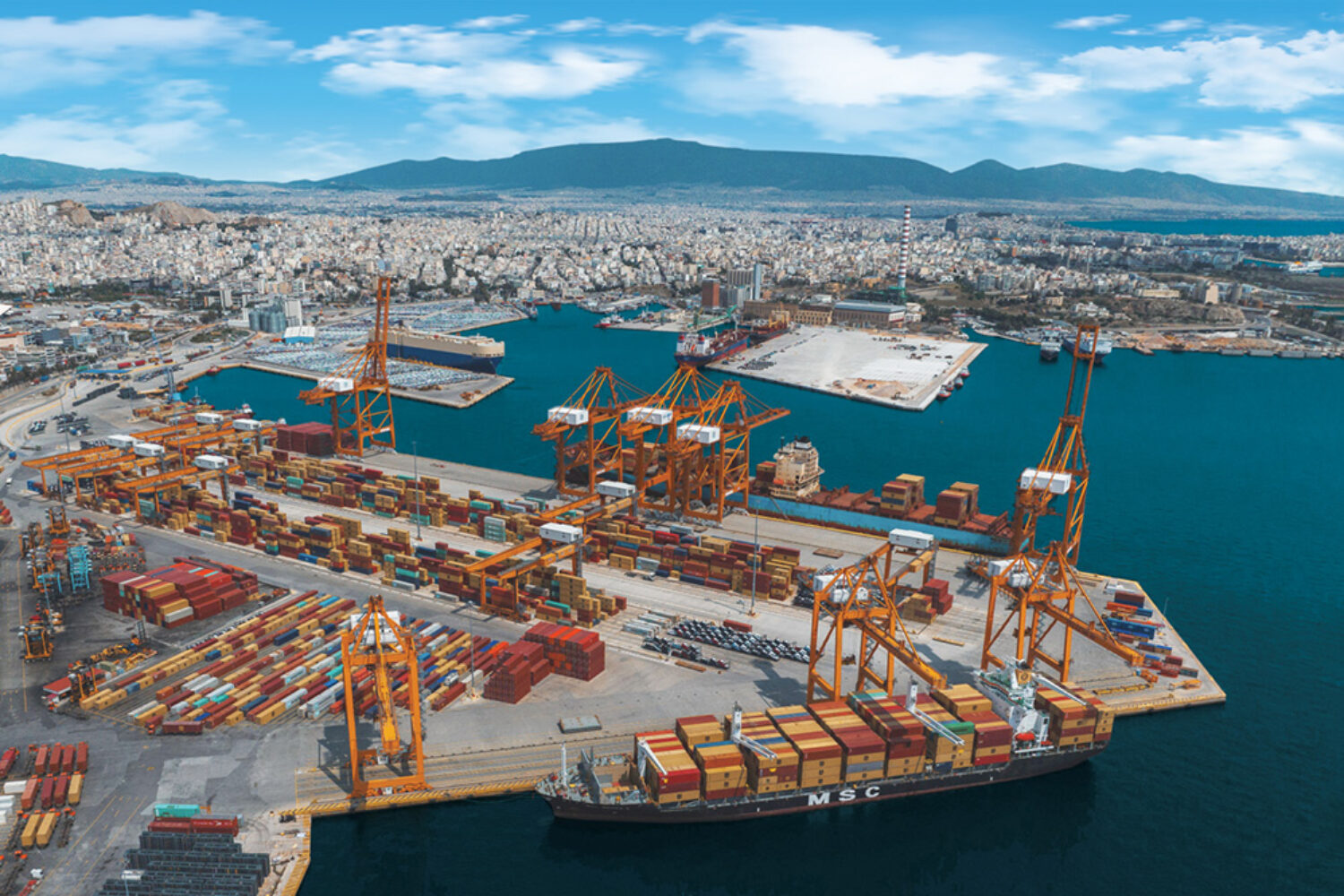The Greek Shipowners’ Association has released its latest annual report, emphasizing the Greece’s size and relevance of the industry – both for international shipping and for the country’s economy.
With a fleet of 5,700 vessels, Greece remains the world’s largest maritime force. According to the report, the Greek fleet accounts for 20% of the global fleet and 61% of the EU fleet. The report highlights the fleet’s strategic importance for energy and food security as well as the stability of global supply chains. Since 2015, Greece’s shipping capacity has increased by more than 42%.

Despite geopolitical tensions and environmental issues, the sector has proven to be adaptable and stable. Melina Travlos, President of the Association of Greek Shipowners, said: “The past year has been characterized by challenges. In the face of economic, environmental and geopolitical uncertainties, the Greek shipping industry has assumed its responsibility as a leading nation.”
Shipping is the country’s most export-oriented sector, contributing around 7-8% of national GDP annualy. According to official figures, the shipping industry has contributed with more than €150 billion to the Greek economy in the last ten years and created around 160,000 jobs.
The commitment goes beyond tonnage alone: Greek shipowners invest between $1.4 and $1.5 billion annually in sectors such as real estate, energy and tourism. “These reinvestments strengthen the diversification of the economy and promote the Greek presence in international markets. This also supports jobs outside the maritime sector,” says the association.
Orders for newbuildings increased from 14.4 million dwt in 2021 to 56.2 million dwt, signaling strong confidence in the future of the sector.
Challenges and open questions
Despite the positive picture, some questions remain open about Greek shipping. The growth figures and economic impact since 2015 are largely based on data provided by Greek shipowners, but it remains unclear to what extent this data has been independently verified. The progress in decarbonization highlighted in the text is also difficult to understand without concrete, independent studies. It also emphasizes the increasing investment of ship owners in other sectors such as real estate and energy – a diversification that may be at the expense of shipping itself.
Given the geopolitical tensions, which are only briefly mentioned, it remains questionable how well prepared and resilitent the Greek shipping industry is for these future risks. Similarly, the role of government support is not discussed in detail, although this could be crucial for the competitiveness of the sector. Finally, the question arises as to how Greek shipping can compete in the long term against the heavily subsidized and technologically advanced fleets of countries such as South Korea and China.













